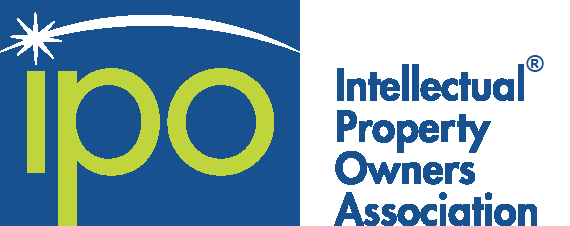The recent decision of the Massachusetts Supreme Court in Maling v. Finnegan – a case of first impression — rejected the plaintiff’s argument that representing two clients in related technology areas is a per se violation of ethical rules. But the court stressed that representing competing companies with similar inventions could give rise to ethical violations in other factual scenarios. The opinion cautioned firms to carefully police their cases to avoid conflicts, “no matter how complex such a protocol might be … law firms run significant risks, financial and reputational, if they do not avail themselves of a robust conflict system adequate to the nature of their practice.”
Our panel includes the general counsel of a large diversified law firm that does patent prosecution; a law firm attorney who represents patent practitioners involved in claims of professional misconduct, attorney discipline, and ethics matters; and an in-house counsel with responsibility for IP for major business segment of a multinational. They will discuss best practices for law firms and clients in light of Maling, and consider hypotheticals where the answer about conflicts is tough to call.

